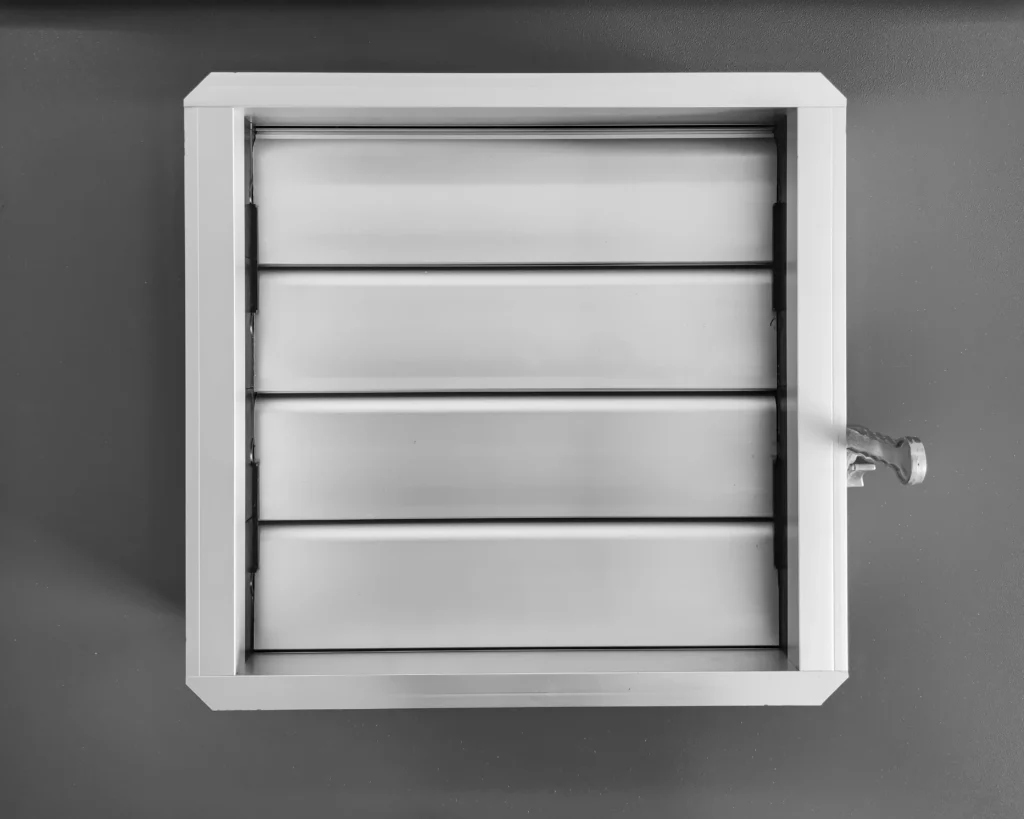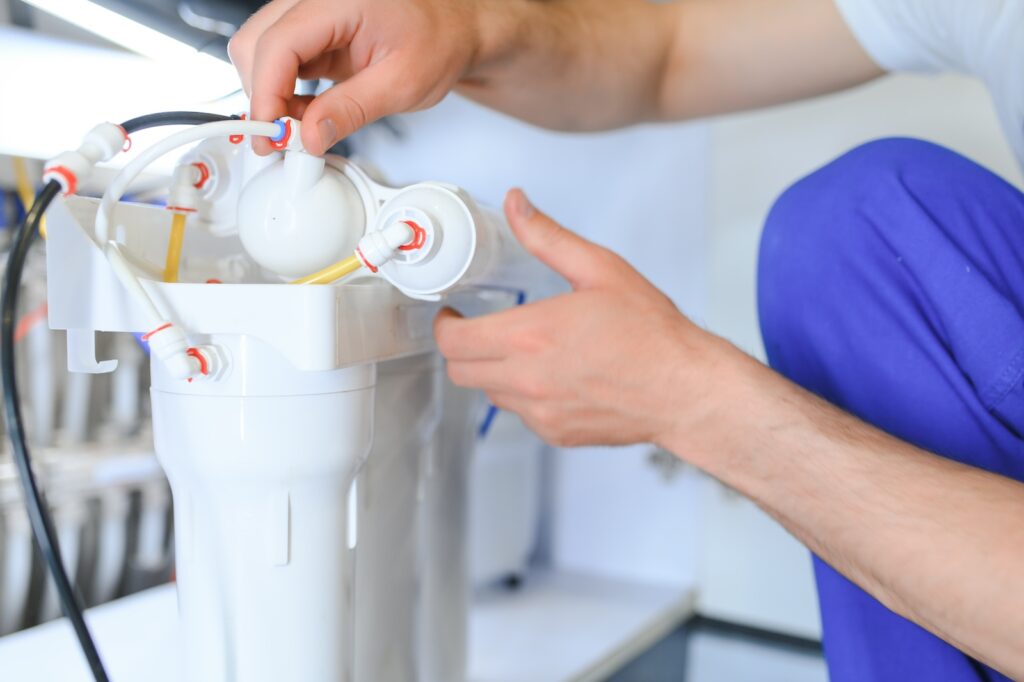
Blog
Long Live the Garbage Disposal

What (and What Not) to Feed Your Disposal
Garbage disposals are awesome. They are an extremely convenient method of doing away with scraps and waste from cooking and eating. It's basically like having another garbage can!
Well, not really. Although there are plenty of things that are perfectly okay to feed the growling, whirling blades that live at the bottom of your sink, there are plenty of others that can be extremely harmful.
Cramming the wrong things down your garbage disposal can cause all sorts of issues like clogged pipes, damaged blades and a horrible smell which emits from your disposal and stinks up the whole house , you know the one we are talking about.
A typical garbage disposal can last you a little over a decade, but if properly cared for you can help extend the life of your system even longer. Here are a couple tips and tricks you can steal to help increase its longevity.
What to put down your disposal
Did you know there are actually some foods and food waste that is good to put down the drain? You may not think it, but egg shells, smaller animal bones like chicken and fish as well as small fruit seeds break down to lots of small but rough particles when ground up that can help scrub the inside of the disposal and pipes and keep it clean.
What about preventing that horrible stench that can sometimes come from the sink? You can eliminate it with regular cleaning and use. Running the garbage disposal with cold water even when you aren't flushing anything can help prevent accumulation as well as rust and corrosion.
Grinding up the peel of fruits like lemons, limes and oranges can also be used to prevent odor with their strong citrusy scents. Also, try freezing vinegar in an ice cube tray and then dumping them in the disposal. This method not only helps sharpen the blades but helps kill odor-producing bacteria.
Be sure to do regular cleaning by washing dish soap down with cold water. Although you may think the opposite, cold water is actually the best temperature of water to use when cleaning and washing down waste. Cold water will help solidify any grease or oil that makes its way into the system and chop it up before it gets too far down the pipe.
What not to put down your disposal
Putting oil, grease or fat down your garbage disposal is one of the biggest sins you can commit when it comes to maintaining the lifespan of your system. All of these wastes can coagulate down the pipe causing blockage and are the biggest cause of unpleasant odors.
Any excess from cooking should be disposed of another way. We suggest collecting the left over oils and grease from cooking in a container like a jar or coffee tin to cool before tossing it out with the rest of your trash.
There are plenty of other kinds of food and waste worth staying away from. Never put fibrous foods like corn husks or celery down the drain. The fibers can get tangled in the blades, do damage and are a serious pain , not to mention dangerous , to remove.
Rice and pasta may seem innocent enough, but you do not want them in your disposal either. Have you ever noticed how after you cook them you always seem to have more than what you started with? That is because they are expandable foods and will grow with the addition of water. If too much were to get stuck in the pipe they can cause major blockage issues.
This may go without saying, but a garbage disposal is for breaking down food. So stay away from plastics, metals and even paper. Trash like this is not biodegradable so paper is bound to get stuck and plastic and metal can wreak havoc on the lifespan of your disposal's blades.
Have other questions about the care of your garbage disposal? Just give your friends at Chapman a call!
Chapman Heating, Air Conditioning, and Plumbing, your source plumbing services










